
5 Tips for Avoiding Organizer Burnout
How experienced organizers avoid burnout and foster solidarity with their co-workers while pushing for the changes they want to see

How experienced organizers avoid burnout and foster solidarity with their co-workers while pushing for the changes they want to see
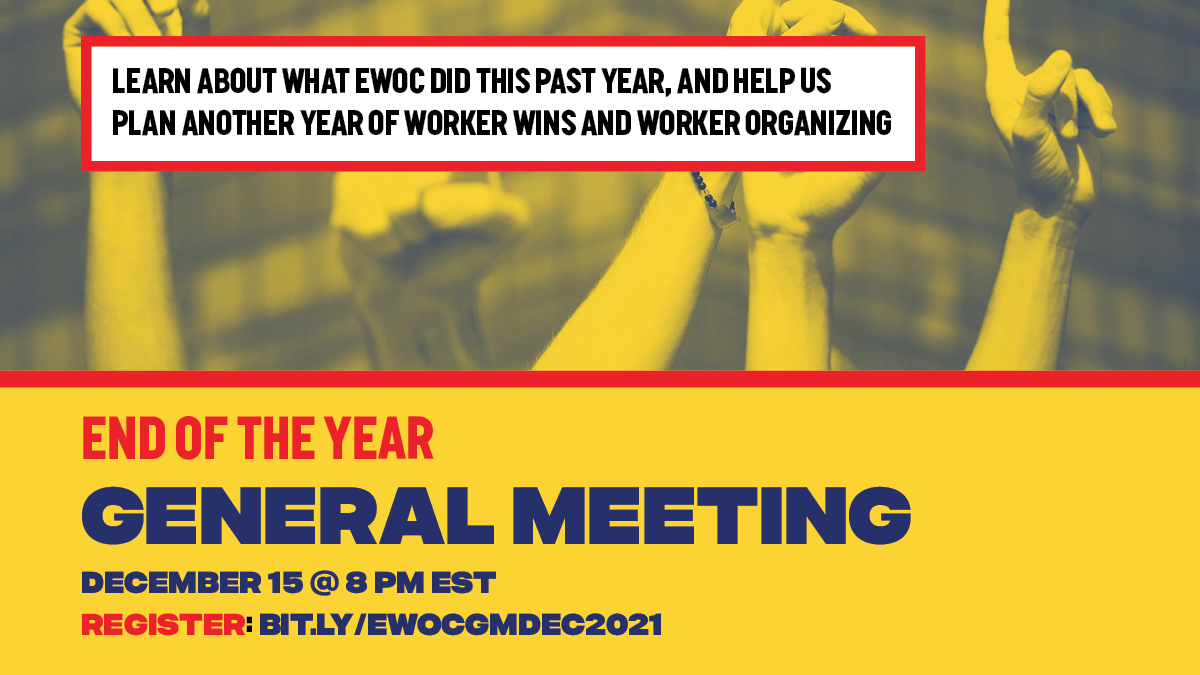
Unions need to aim to make a broad impact, not narrow. And that starts with building worker power anywhere and everywhere.
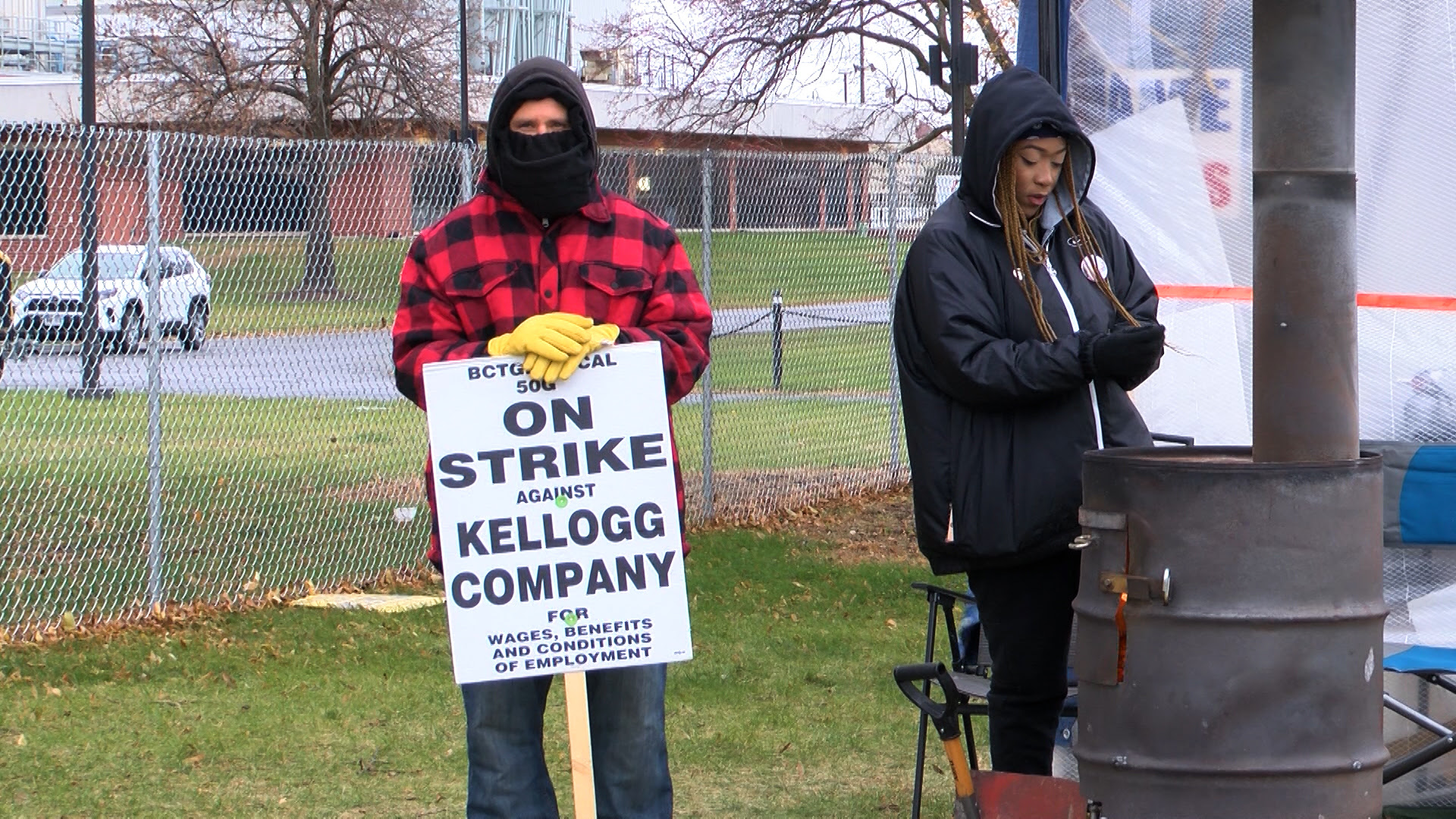
It’s been a big month for labor. November saw over 22,000 union members go on strike, with even more threatening to strike.
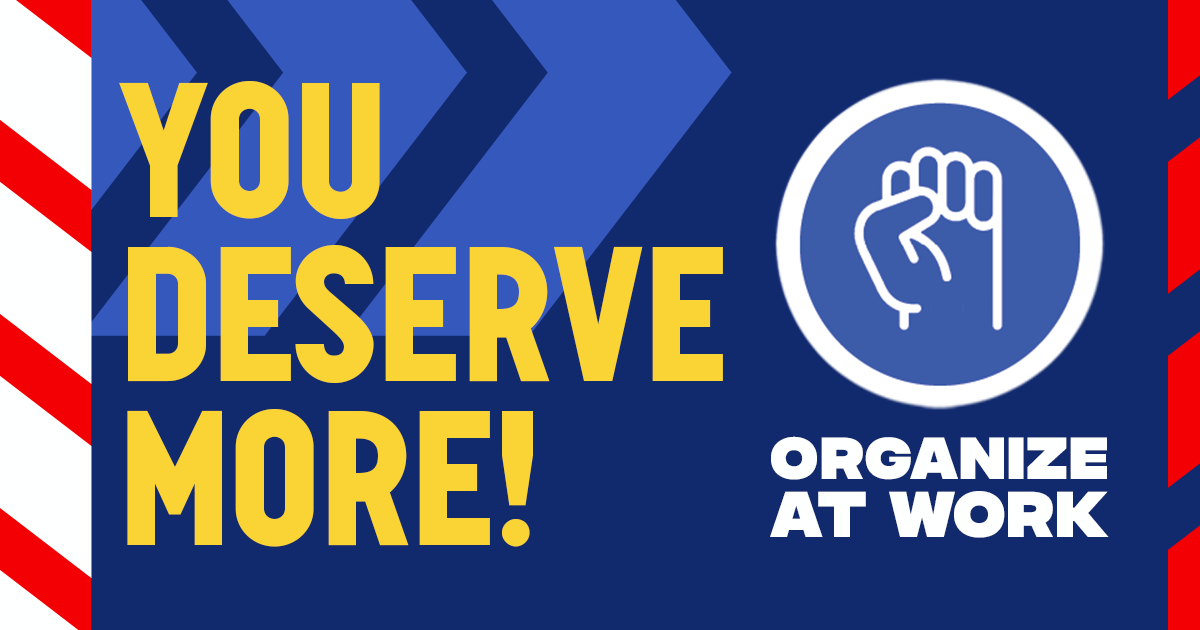
We’re in the midst of such an exciting time for the labor movement that words like “historic” and “unprecedented” are starting to feel overused.
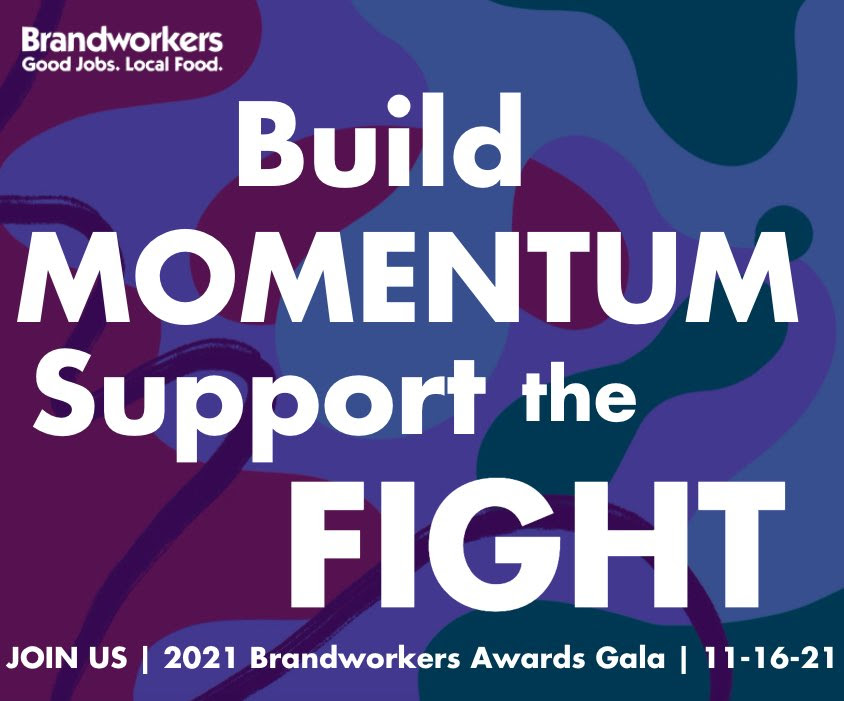
From the ongoing strike wave, to the mass walkouts and “labor shortage,” one thing is clear. Labor militancy is on the rise in America.

After nearly two weeks of a hunger strike, and over a month of a moving 24/7 picket outside of City Hall, New York’s cab drivers won their demands.
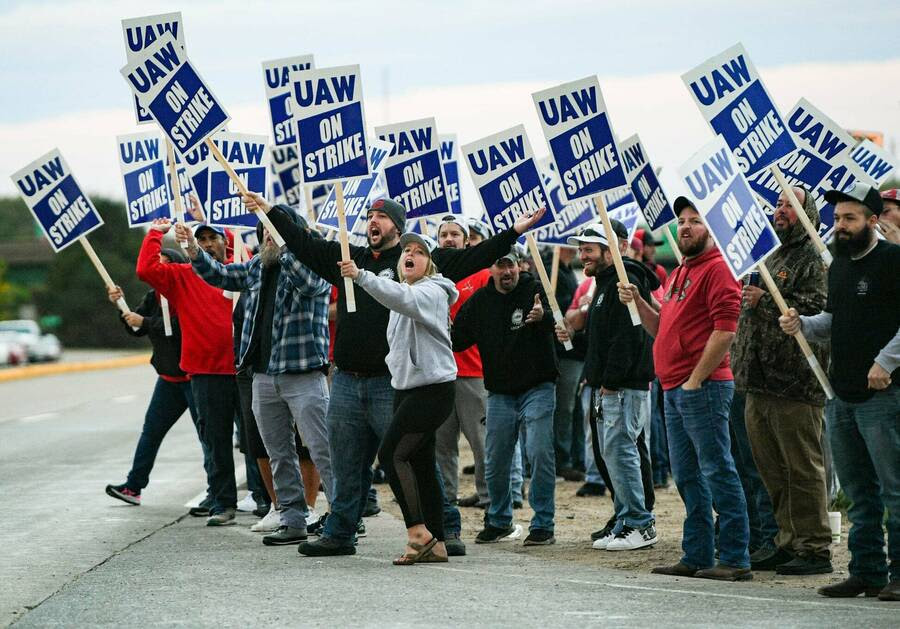
October may be over, but the rebellious energy of Striketober continues, with workers across the nation engaged in historic levels of labor action.
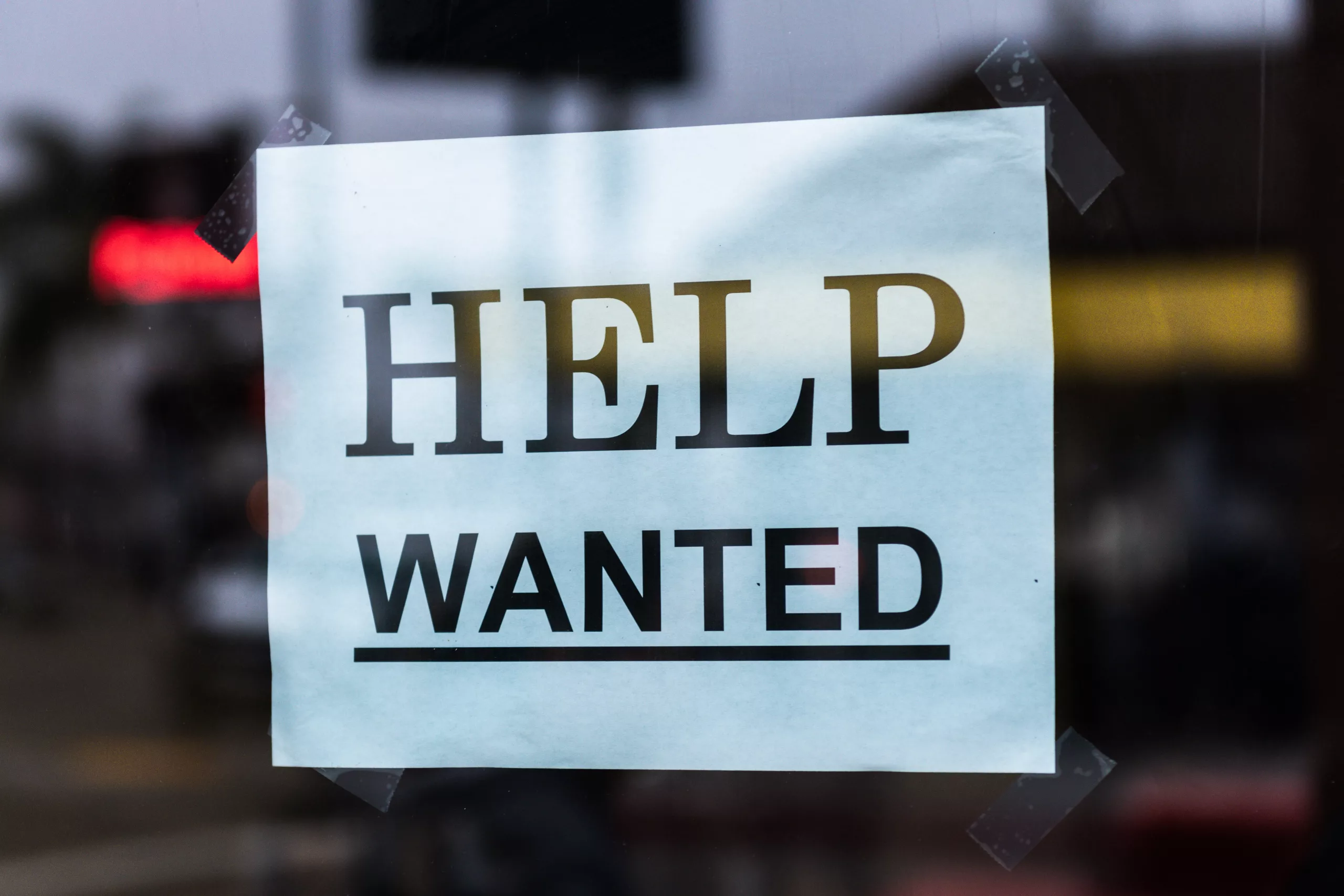
Is there actually a labor shortage right now? At EWOC’s recent event, 3 thinkers and organizers discussed how the problems faced by low-wage workers existed long before the pandemic. Today’s so-called “labor shortage” just brings that to the forefront.
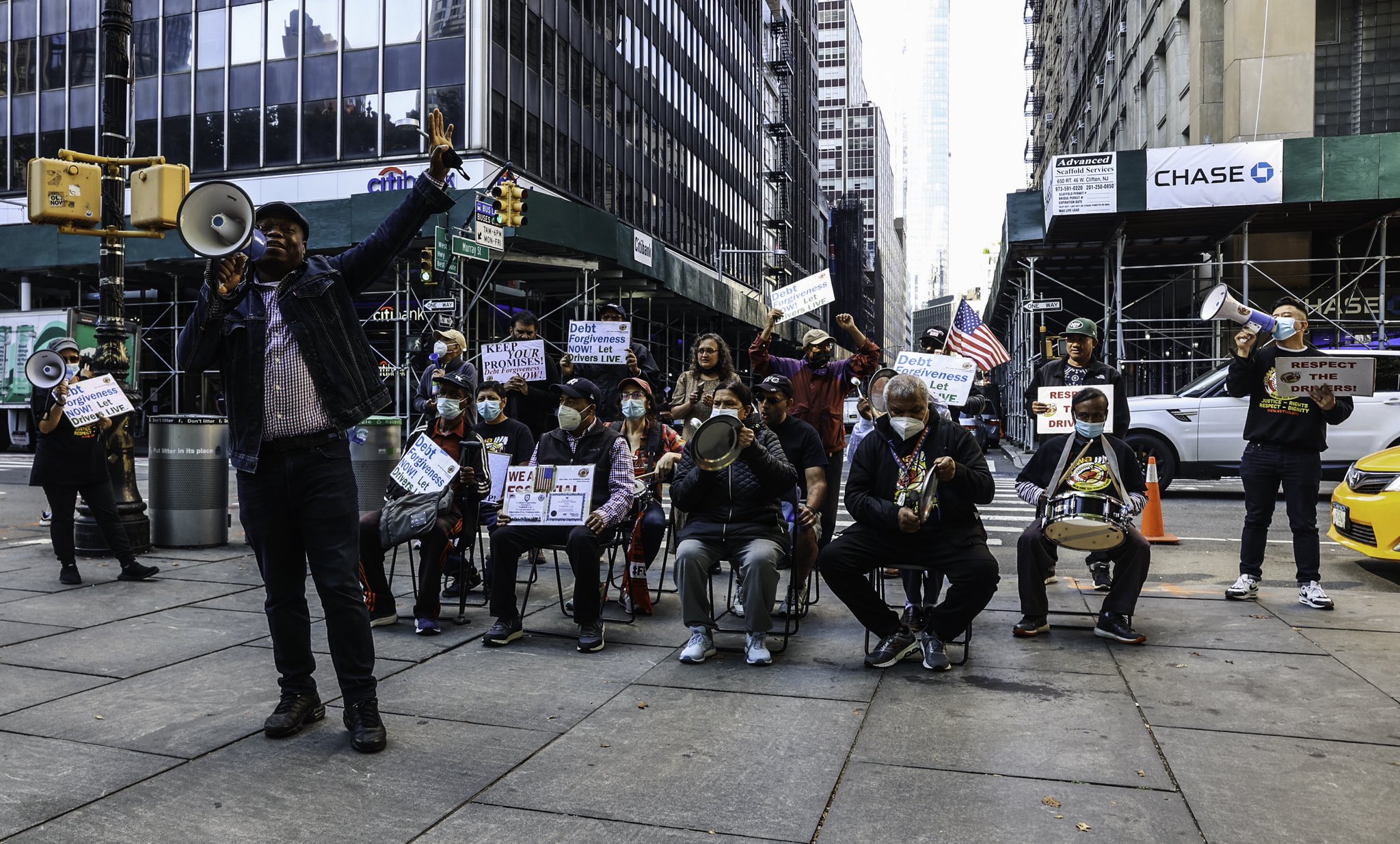
This Striketober, we’re seeing both outcomes in action — with strikes across the country in full swing while a nation-wide labor shortage remains.
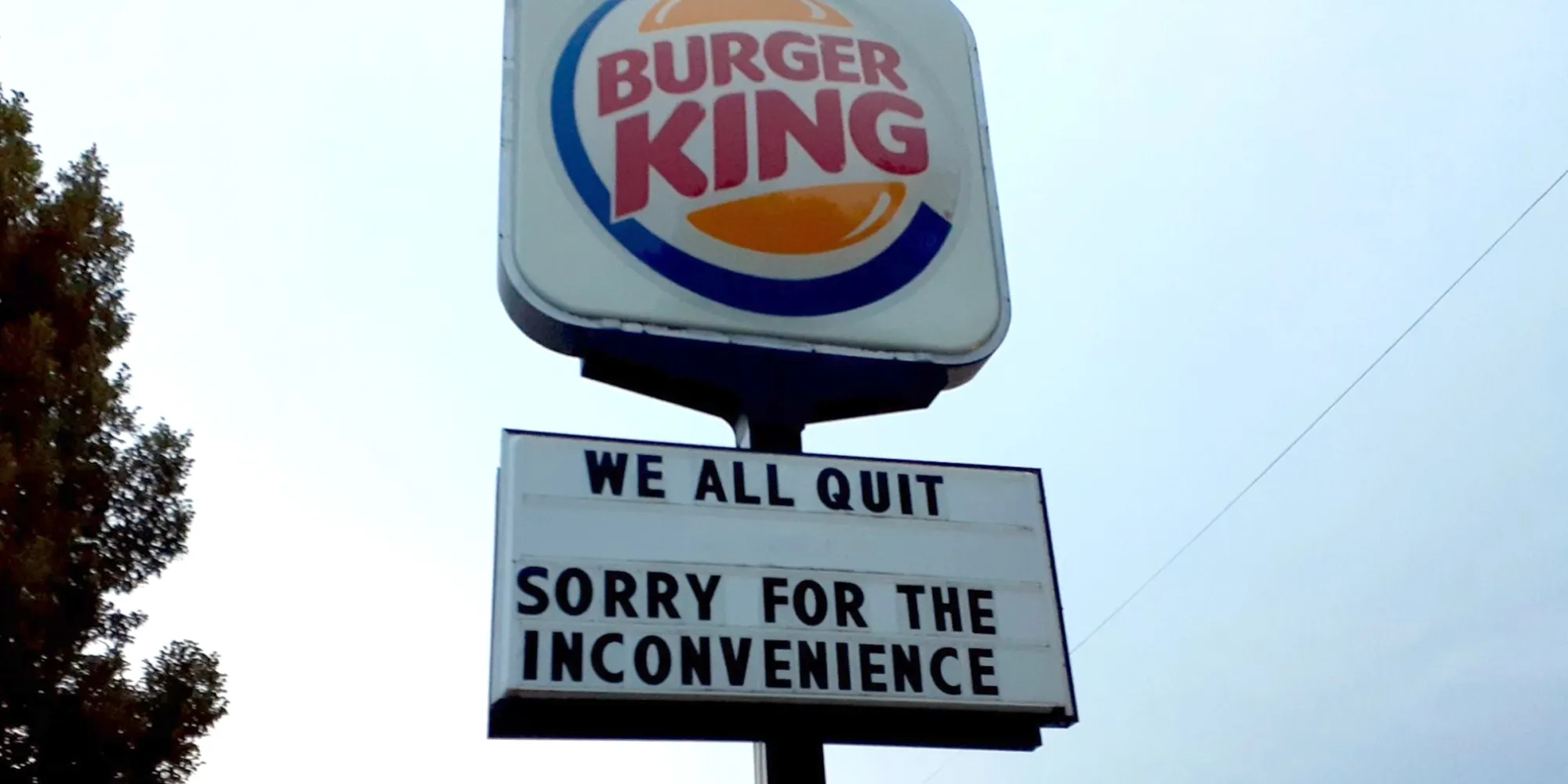
With millions of workers quitting bad jobs, and bosses scrambling to find employees, it may be time for workers to organize and strike for union recognition.
